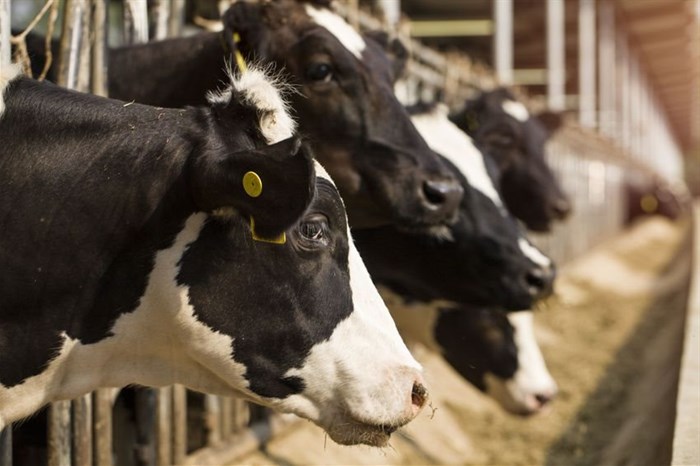
There are two forms of canola seed byproducts used as animal feed. Firstly, when the locally grown, 100% GMO-free canola seeds arrive at the SOILL extraction plant, they undergo a cleaning process with sieves to separate the seeds from any plant parts. This sieved plant material is then collected and sold to farmers, who use it as roughage in animal feed for ruminant animals such as cows, sheep, and goats.
The canola seeds are then crushed and extruded to remove the oil, resulting in a residual material called oil cake, rich in protein and fibre. The oil cake is subsequently milled into a meal to ensure a fine texture and later blended with other raw materials such as maize, barley, vitamins, minerals, and roughage. The resulting feed formulations cater to a wide range of livestock including sheep, cattle, poultry, and pigs.
“Because the energy part (the oil) is pressed out of the seed, the meal that remains is very high in protein, with a minimum value of 34%,” says Louw. “Protein is a valuable and expensive raw material in animal feeds; thus, canola meal is ideal for supplying a significant amount of good-quality protein to the animals’ diets.”
The feed is high in protein, but it also includes two limiting amino acids, methionine and lysine, in its protein range. In dairy animals, these amino acids help in the generation of both milk and milk solids.
"Customer feedback on the benefits of canola meal has been overwhelmingly positive," remarks Louw. "Farmers appreciate its palatability, ease of use, and most importantly, its significant contribution to the health and productivity of their livestock. They’ve also reported enhanced milk production and improved milk solids, ultimately translating to better quality dairy products and higher profits.”